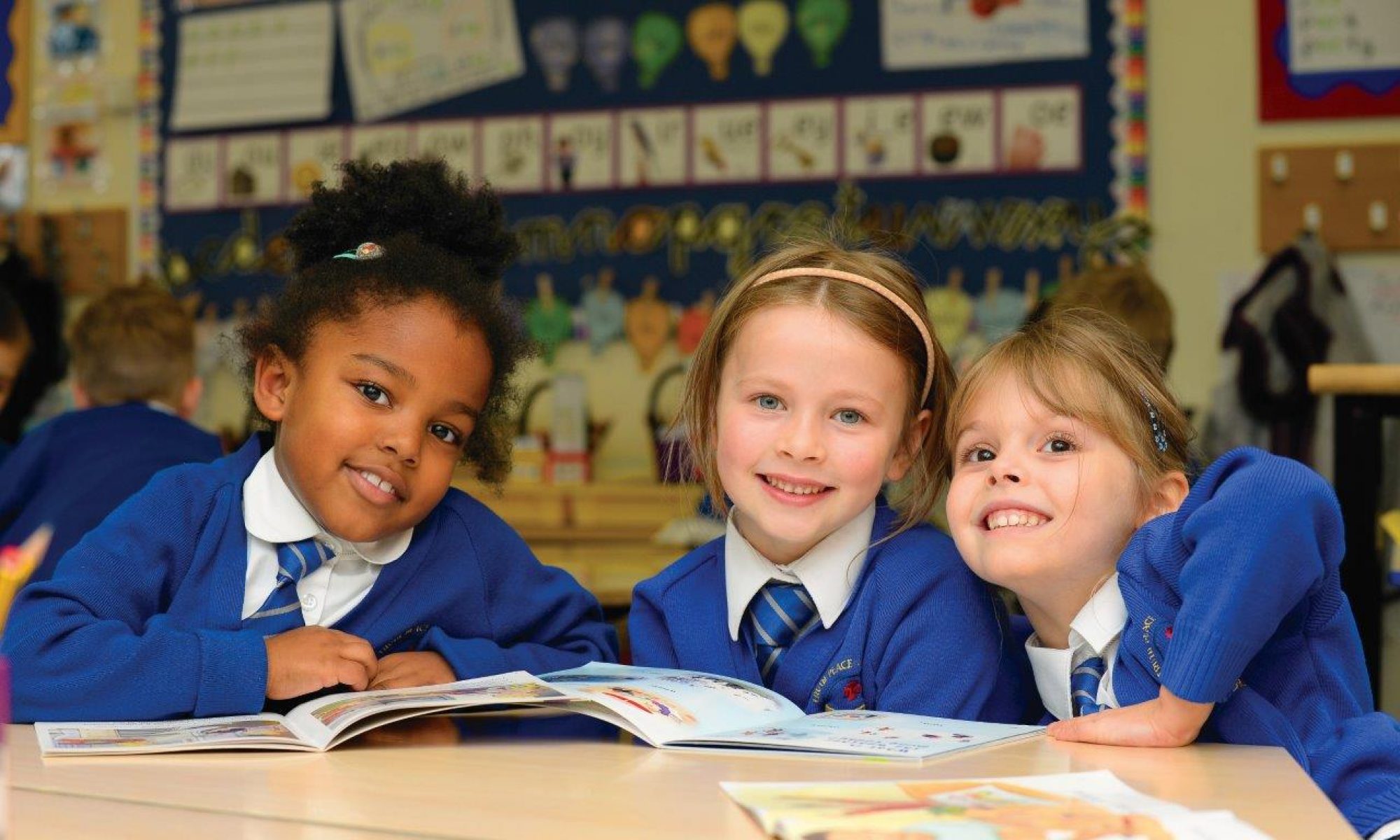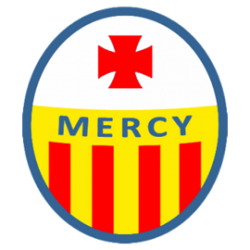Reconciliation (Choices)
The current RE theme is now reconciliation. Networks of friendships and relationships enable human beings to live together. Children and adults need to reach out and repair damaged relationships.
Christians believe that, in Jesus Christ, the world has been reconciled to God. Through and in Christ, every human being is offered the power to reach out in forgiveness and peace, to receive and offer reconciliation.
Catechism of the Catholic Church
“It is called the Sacrament of Reconciliation” because it imparts to the sinner the love of God who reconciles: “Be reconciled to God.” He who lives by God’s merciful love is ready to respond to the Lord’s call: “Go, first be reconciled to your brother.” The Sacrament of Reconciliation with God brings about a true “spiritual resurrection”, restoration of the dignity and blessings of the life of the children of God, of which the most precious is friendship with God.
To respond to this, think about areas in school life where it might be necessary to restore broken relationships. What opportunities are there in class for restoring relationships when misunderstanding or hurt arises? How is reconciliation truly celebrated?
Prayer and Reconciliation
I have chosen the way of faithfulness. I have set your ordinances before me. I cling to your decrees. O Lord; let me not be put to shame. I run the way of your commandments. for you to enlarge my understanding. Teach me, O Lord, the way of your statutes. and I will observe it to the end. Give me understanding that I may keep your law And observe it with m whole heart. Amen
Psalm 119: 30 – 34
Your home learning task for this topic is linked to our learning about choices and consequences. What choices have you had to make recently? Did you make the right choice? How did you choose and what were the consequences? Fill this grid with your ideas.

Please bring in your work as and when it is completed, and by Wednesday 22nd June. They will be on display, as currently with the Pentecost work. The children enjoy sharing their work and look at everyone else’s on the wall.
PENTECOST
The RE topic for the first four weeks of the summer term in year 3 is Pentecost. We will learn about the Ascension, how Jesus promised his disciples the Holy Spirit and how the Holy Spirit was spread amongst His followers. We shall explore how the Holy Spirit inspires Christians, spreading energy; and how the Gifts of the Holy Spirit help Christians lead good lives and serve others. A new way of living was established after Pentecost. Reflecting deeply and carefully about this topic will help children understand how their daily lives are influenced by the Holy Sprit and scripture.
These are the key words and themes of the topic: fire, warmth, wind, energy, power, gifts, Holy Spirit, Rosary, Glorious Mysteries, Pentecost
In Luke, 4: 18-19, we are reminded of how we should use the Gifts of the Holy Spirit to serve others and our community:
“The Spirit of the Lord is upon me, because he has anointed me to bring Good News to the poor. He has sent me to proclaim release to the captives and recovery of sight to the blind, to let the oppressed go free, to proclaim the year of the Lord’s favour.”
The Catechism of the Catholic Church emphasises our share in this Pentecostal gift:
“Those, who with God’s help, have welcomed Christ’s call and freely responded to it, are urged on by love of Christ to proclaim the Good News everywhere in the world. This treasure, received from the apostles, has been faithfully guarded by their successors. All Christ’s faithful are called to hand it on from generation to generation, by professing the faith, by living it in fraternal sharing, and by celebrating it in liturgy and prayer.”
(CCC Prologue 3)
Prayer and Reflection
Father, pour out your Spirit
upon your people,
and grant us
a new vision of your glory,
a new faithfulness to your Word
and a new consecration to your service,
that your love may grow among us,
and your kingdom come:
through Christ our Lord.
Amen.
(Prayer of preparation for Vatican II)
Home Learning
Think about the Gifts of the Holy Spirit.
Wisdom – that is the gift to be sensible and not to jump to conclusions but be thoughtful.
Understanding – enables people to be compassionate and to take time to find out and be able to appreciate what is happening.
Counsel – means using wisdom and understanding to come to a good decision about something.
Fortitude – there are times when everyone needs to be brave in standing up for what they believe to be right and holy.
Knowledge – without knowledge you cannot make right judgements or have an understanding. It takes practice to have true knowledge.
Piety – this is about reverence and respect for God, for one another and for oneself.
Fear of the Lord – this gift enables people to recognise the awe and wonder of God and be amazed by the love and goodness of God.
R E Homework
Create a montage to depict one, some or each of the gifts of the Holy Spirit. Demonstrate how the gift is, or the gifts are, used by believers today to serve others. You may want to quote from the scripture we will be reading at school to show how people are inspired by the Holy Spirit to use and share these Gifts.
Matthew 28: 1-10, John 16: 5-7, 1 Corinthians 12: 4-8, 11, Acts 1: 6-11, Acts 2 1_18, 43
You may want to draw your ideas, or create a collage, or use another medium to represent your ideas. You could include symbols of the Pentecost on your piece of work – flame, wind, a dove, the colour red.
We look forward to seeing your individual pieces of learning, which are due in by Wednesday 11th May.
This half term we are exploring the theme homes and family. This is a sensitive theme. The experience of ‘family’ in society today is varied, with many joys and sorrows. Whatever the experience, family still remains the first place for growth and development, the basic social unit.
For Christians the pattern and ideal of family life is found in the Scriptures. God is the loving parent of the human family and Jesus was born and lived in a human family. While offering ideals for family life, it is important to acknowledge and respect the real experience of some children which is not ideal.
Word of God
“As God’s chosen ones, holy and beloved, clothe yourselves with compassion, kindness, humility, meekness and patience. Bear with one another and, if anyone has a complaint against another, forgive each other; just as the Lord has forgiven you, so you must also forgive. Above all clothe yourselves with love, which binds everything together in perfect harmony. And let the peace of Christ rule in your hearts, to which indeed you were called in the one body.” (Colossians 3: 12-15)
Catechism of the Catholic Church
“In our own time, in a world often alien and even hostile to faith, believing families are of primary importance as centres of living, radiant faith. For this reason the Second Vatican Council, using an ancient expression, calls the family the Ecclesia Domestica: the Domestic Church. It is in the bosom of the family that parents are by word and example… the first heralds of the faith with regard to their children.” (CCC1656)
Prayer and Reflection
Father, creator of all,
you ‘ordered the earth’ to bring forth life
and crowned its goodness
by creating family life.
Teach us the beauty of human love,
show us the value of family life
and help us to live in peace
with everyone.
Amen.

